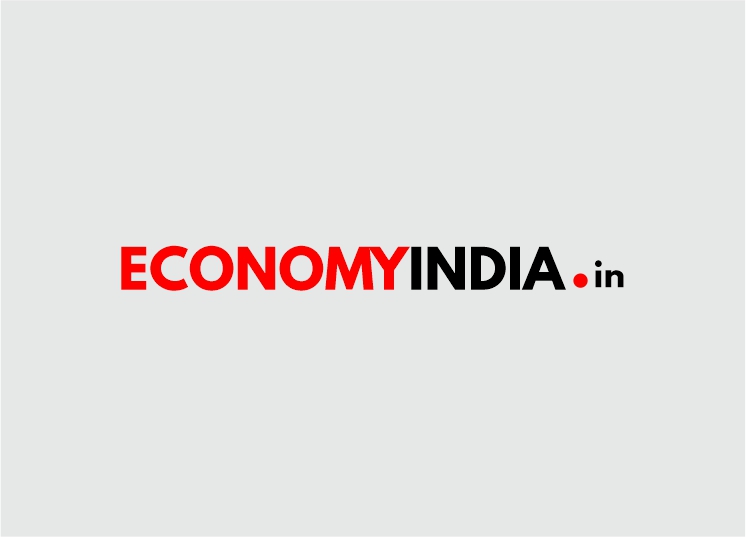According to reports, India is facing the tremors from the shocks emanating from geopolitical tensions that have choked supplies and increased commodity prices, especially food and energy, and has stoked inflationary pressures, the monthly State of the Economy of the Reserve Bank of India (RBI) said on Monday.
“The fallout of the war and retaliatory sanctions is already evident in inflation prints and balance of payments developments,” the report said on the domestic impact of the Russia-Ukraine war, the report said.
“The Indian economy is not immune to these negative externalities. The surge in commodity prices is already posing inflation risks, especially through the conduit of surging imports,” it said.
The report observed that rapidly widening trade and current account deficits co-existing with portfolio capital outflows weigh on external sustainability; although the strength of underlying fundamentals and the stock of international reserves provide buffers.
Rising food and beverages prices drove retail inflation closer to 7 percent in March — above the central bank’s upper tolerance zone of 6 percent.
The global tensions, which resulted in international crude oil prices crossing $100/bbl for the first time since 2014, forced the six-member monetary policy committee (MPC) of the RBI to shift its focus to tackling inflation, from supporting growth, in the April review meeting, the report said.
Indian economy not immune to negative externalities, says RBI reportThough the MPC kept the interest rate and the stance of the policy unchanged, it guided that the focus will be to withdraw the accommodative stance.
“India faces these challenges from a position of strength built on broadened vaccine coverage, financial sector resilience, robust export and remittances and fiscal reprioritisation to spur capital spending on infrastructure,” the report said, adding that spurring private investment remains a key thrust area for sustaining growth on a durable basis.
The report highlighted that the near-term global outlook appears grim, caught up in a vortex of geo-political risks materialising rapidly, strained supply chains and the quickening pace of monetary policy normalisation. “Emerging market economies are bracing up to contend with swift shifts in risk sentiments and tightening of global financial conditions that could produce real economic consequences which may thwart incipient recoveries”, the report said.
Another area of concern, according to the report, is the currently raging heat wave. “Temperatures are breaking all-time records in many pockets of the country. The country as a whole saw the hottest March (average maximum temperature) in the last 122 years,” the report said, adding that the increasing frequency of these unseasonal fluctuations reveals the impact of climate change and underscores the urgency of reductions in carbon footprints and integrating the relevant climatic variables in the development strategies. (Business Standard)













